Putin and Modi Direct Teams to Address Free Trade Agreement Between EAEU and India
After extensive discussions this Tuesday, Russian President Vladimir Putin and Indian Prime Minister Narendra Modi jointly instructed their respective teams to work on the free trade agreement between the Eurasian Economic Union and the Republic of India. This commitment was articulated in the joint statement of state leaders following the results of the XXII annual Russia-India summit, ‘India-Russia: Enduring and Expanding Partnership’.
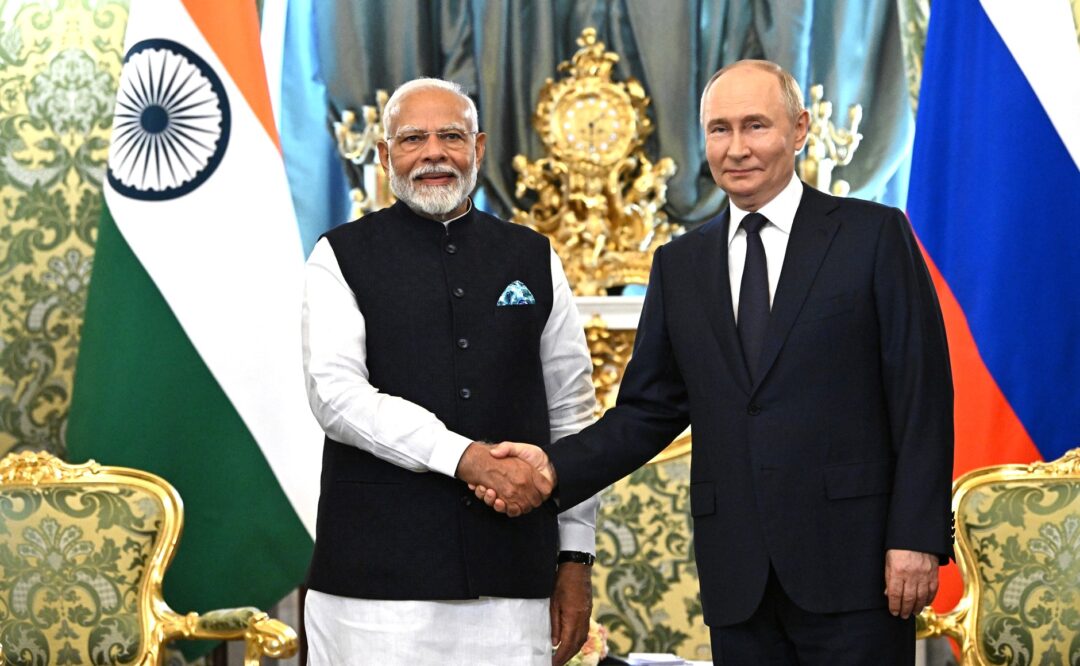
“In an effort to dismantle both tariff and non-tariff barriers to trade, including administrative obstacles and protectionist policies, the parties have given credit to the preliminary consultations that took place in March 2024. These discussions set the stage for comprehensive negotiations on a free trade agreement between the Eurasian Economic Union and the Republic of India. The leaders have directed their respective agencies to consider initiating talks on a bilateral free trade agreement encompassing services and investment sectors,” the document states.
To further boost and maintain the growth rate of bilateral trade, the two nations agreed to elevate their trade turnover to $100 billion by the year 2030. To achieve this, the relevant agencies have been instructed to develop a program outlining strategies for the development of Russian-Indian economic cooperation for the period leading up to 2030, referred to as “Program 2030.” The Intergovernmental Russian-Indian Commission on Trade, Economic, Scientific, Technological, and Cultural Cooperation (IRIGC-TEC) has been entrusted with overseeing the execution of this plan.
A spokesperson for the PhosAgro group, in a statement to the press regarding collaboration with Indian partners, revealed that in 2022 the company increased its exports of mineral fertilizers to India sixfold, reaching 2.8 million tons –nearly a third of the total fertilizer exports. The group is capable of further expanding these volumes; however, their capacity is constrained by trade barriers, such as a five percent import duty. They believe that Indian farmers would greatly benefit from the removal of this duty, not only in terms of cost but also through facilitating access to more efficient fertilizers.
“In light of this, we consider it essential to accelerate efforts towards finalizing a free trade agreement between the EAEU and India. Transitioning to a duty-free trade relationship with Russia will stabilize India’s budget allocations for fertilizer subsidies and ensure their availability for domestic consumers,” stated the PhosAgro representative.
He also pointed out that in 2023, Russia accounted for approximately one-quarter of India’s fertilizer imports. Following the imposition of Western sanctions against the Russian Federation, the supply of Russian fertilizers to India surged nearly threefold, reaching 4.3 million tons, mostly due to the supply of phosphate fertilizers.
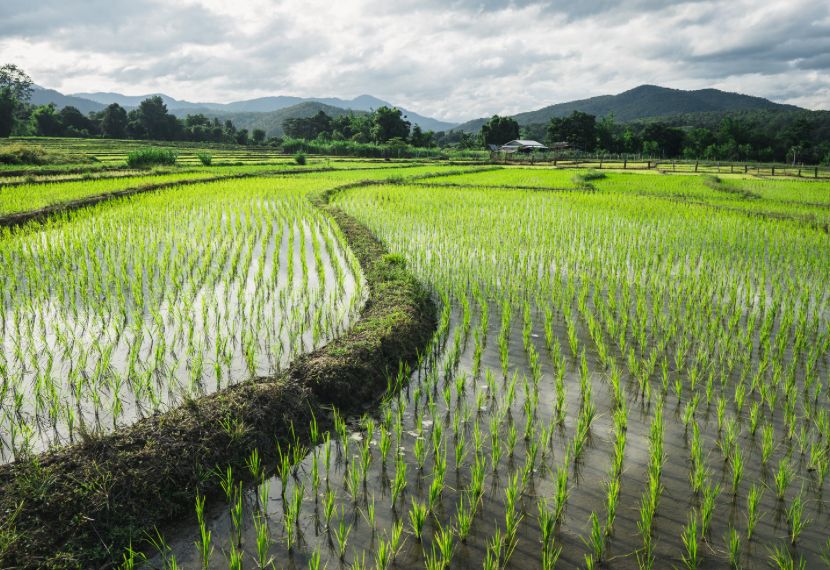
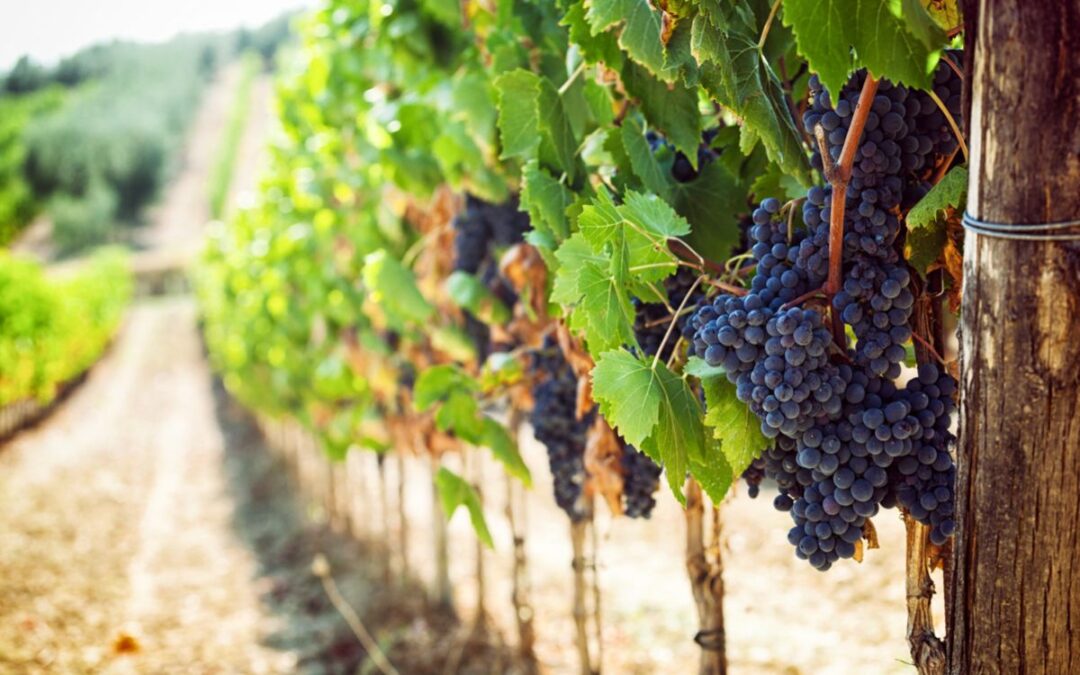
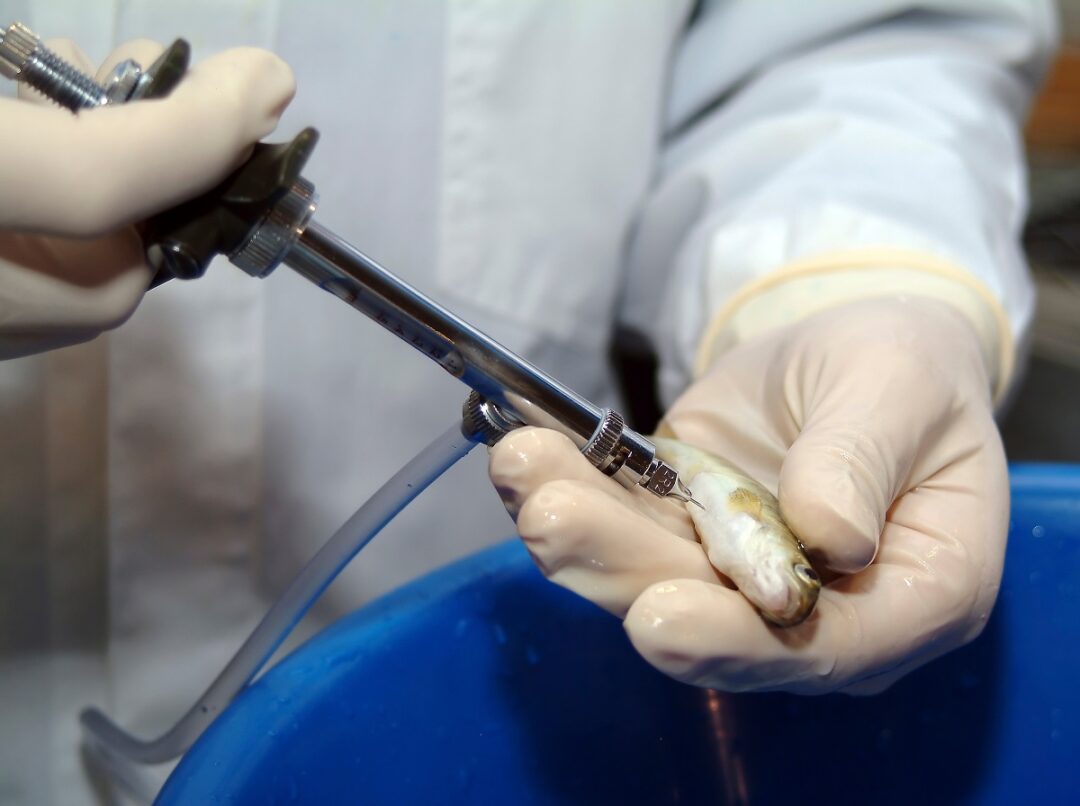
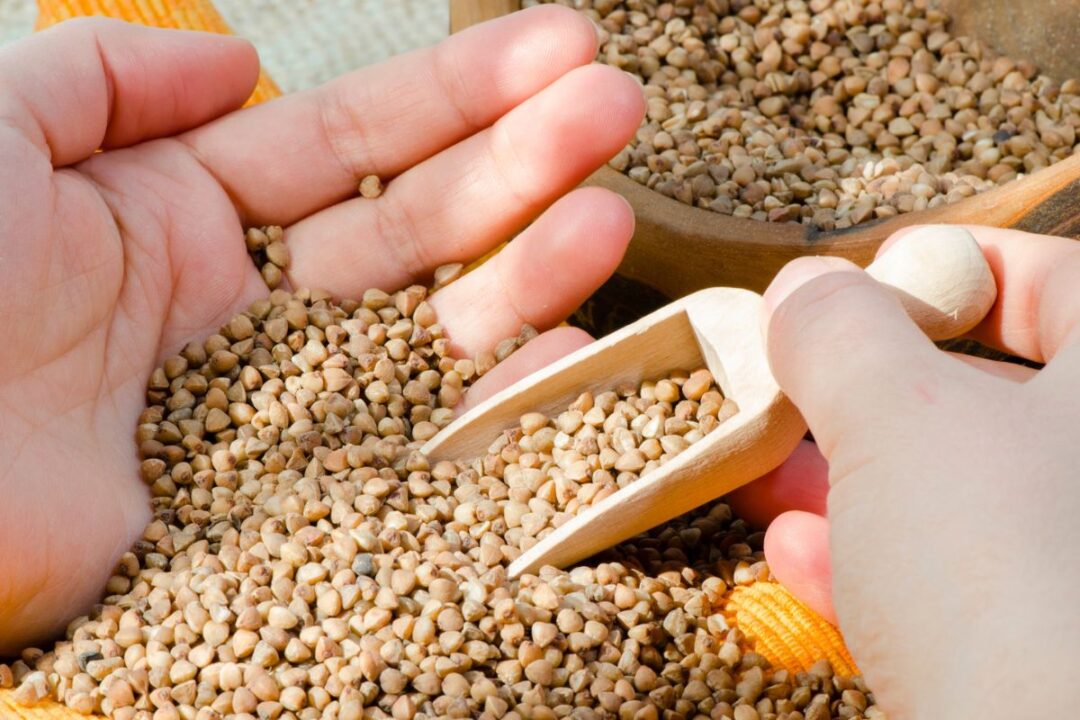
Popular
Нет просмотренных постов.

